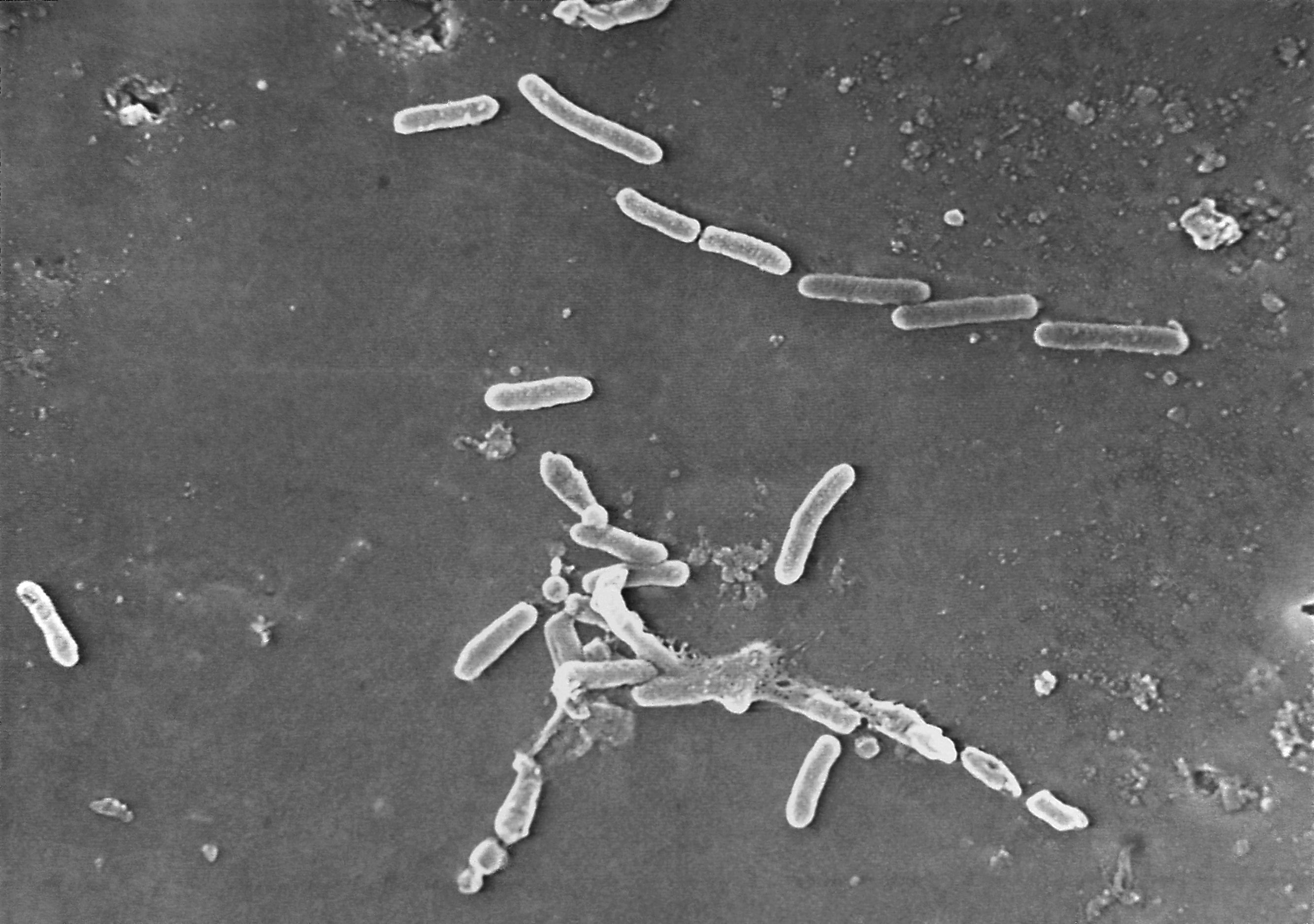Eyedrops maker couldn't ensure factory was sterile, FDA says
The Food and Drug Administration says it found a host of problems at an Indian manufacturing plant recently linked to contaminated eyedrops

The manufacturer of eyedrops recently linked to deaths and injuries lacked measures to assure sterility at its factory in India, according to U.S. health inspectors.
Food and Drug Administration officials uncovered about a dozen problems with how Global Pharma Healthcare made and tested its eyedrops during an inspection from late February through early March. The FDA released its preliminary inspection report Monday.
The company uses procedures that can’t actually ensure its products are sterile, FDA staff wrote. In particular, the inspectors found that the plant had used “a deficient manufacturing process” between December 2020 and April 2022 for products that were later shipped to the U.S.
The plant in India's southern Tamil Nadu state produced eyedrops that have been linked to 68 bacterial infections in the U.S., including three deaths and eight cases of vision loss. Four people have had their eyeballs surgically removed due to infection. The drops were recalled in February by two U.S. distributors, EzriCare and Delsam Phama.
The outbreak is considered particularly worrisome because the bacteria driving it is resistant to standard antibiotics.
Inspectors arrived at the plant Feb. 20, more than two weeks after the announcement of the first eyedrop recall on Feb. 3. The inspection appears to be the FDA’s first visit to the plant, according to agency records.
The report has the agency’s preliminary findings and is likely to be followed by a formal report and a warning letter to the company. An FDA spokesman said the inspection indicates that the company’s products “may be in violation of FDA’s requirements.”
“We urge consumers to stop using these products which may be harmful to their health,” FDA's Jeremy Khan wrote in an emailed statement.
The FDA is responsible for assuring the safety of foreign products shipped to the U.S., though it has long struggled to keep pace with international pharmaceutical supply chains that increasingly begin in India and China.
FDA inspectors cited worrisome sanitary conditions at the Global Pharma plant, noting that its floors, walls and ceilings were not “easily cleanable.” At one point during the visit, an FDA inspector noted “none of the equipment on the filling machine was wrapped or covered.” The inspector also noted the company didn't have rigorous procedures for ensuring bottles were fully sealed. Instead, a “manual visual inspection is the only test to detect any leak,” according to the report.
The FDA has been investigating the U.S. bacterial outbreak with the Centers for Disease Control and Prevention. CDC officials have detected the bacterial strain in opened bottles of EzriCare drops collected from infected patients. FDA officials are also testing unopened bottles of the drops.
CDC officials are worried the bacteria will spread and cases may be reported for weeks and months to come. The agency has been urging health care facilities treating patients to follow strict infection-control recommendations because the germ can spread rapidly.
___
The Associated Press Health and Science Department receives support from the Howard Hughes Medical Institute’s Science and Educational Media Group. The AP is solely responsible for all content.
Bookmark popover
Removed from bookmarks